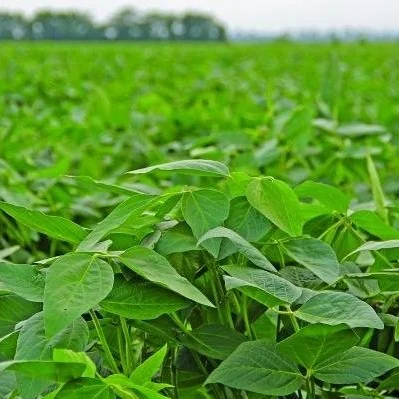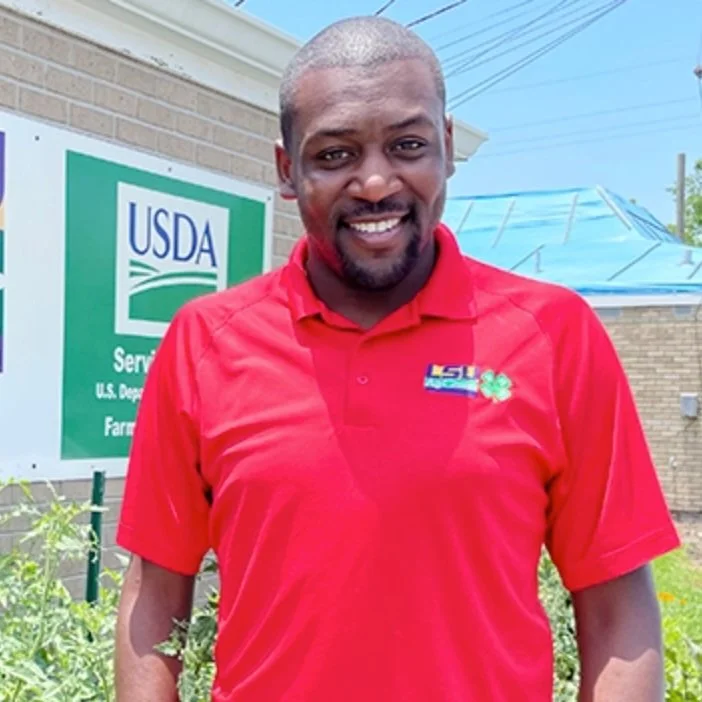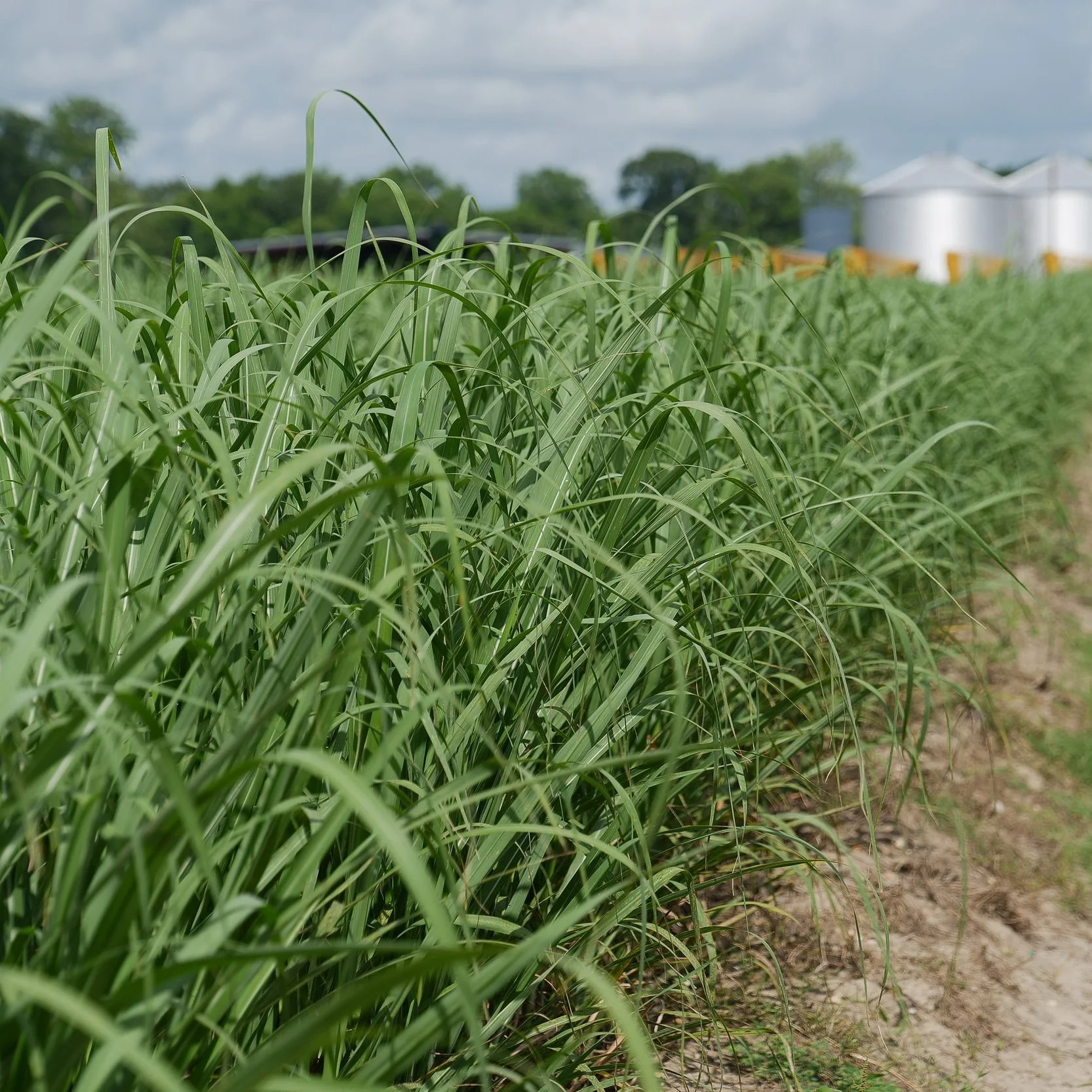Weed scientists with the LSU AgCenter are focusing on a pair of herbicides as promising products to control broadleaf weeds and sedge in rice fields.
Read MoreWeeds are the largest economic threat to agriculture as a whole, whether in row crops, aquatics, rangelands or pastures. In Louisiana, the same conditions that help crops flourish also bring weeds. The long growing season, warm weather and high levels of precipitation allow weeds to emerge and set seeds over longer periods of time.
Read MoreThe Louisiana State University AgCenter works with industry experts and soybean growers across the state to test plots, harvesting data for varieties on abiotic and biotic stress resistance, yield, and data necessary to make recommendations.
Read MorePeople who live and work in the Southeastern United States are unfortunately familiar with the devastation and loss of life and property that can accompany a hurricane event.
Read MoreGrowing up in Concordia Parish, Xavier Bell thought his love of music would guide him toward a future as a band director. That was until his 4-H agent saw something within him that he didn’t see himself, paving the way for a new passion.
Bell became the new 4-H agent for St. John the Baptist Parish on June 1, 2022. He looks forward to building a community atmosphere around the organization and tailoring the program to help each individual child reach their full potential.
Read MoreMike the Tiger is a major part of the heart and soul of LSU. Tiger pride runs deep on campus, and the LSU Tiger Athletic Foundation is turning its love of our tiger into research to benefit the species as a whole.
Read MoreThe application for Class XVIII of the LSU AgCenter Agricultural Leadership Development Program is now available. The new class will begin in January 2023 and will be completed in February 2025.
Read MoreHere at the LSU AgCenter, we choose new Louisiana Super Plant selections each fall and spring.
Usually, only a particular cultivar or variety of a plant receives this prestigious designation. But this year, we couldn’t pick just one.
Read MoreCotton planting in Louisiana is nearing the end. We might still have a few growers trying to finish planting and/or replanting, but for the most part, I’d say we’re about 98% complete.
Read MoreAs Louisiana’s sugarcane acreage expands, farmers and scientists are learning more about how the crop performs outside of its traditional growing area.
Read MoreWhile the crop was small, the outcome was big. Louisiana wheat farmers are finishing up their harvest with good yields and are being supported by great prices. LSU AgCenter correspondent Craig Gautreaux has this report from southwest Louisiana.
Read MoreIn four decades as an agronomist with the American Sugar Cane League, Windell Jackson had a profound impact on the Louisiana sugarcane industry.
Jackson died in March at the age of 74. To honor his contributions to the industry, the League recently added $25,000 and Jackson’s name to an existing scholarship fund for LSU students.
The Lloyd Lauden/Windell Jackson Memorial Endowed Scholarship is available to College of Agriculture students. Preference is given to those from Louisiana’s sugarcane-growing region and those who have an interest in the sugarcane industry.
The fund was established in 1990 as the Lloyd Lauden Memorial Endowed Scholarship. Lauden, who also was an agronomist with the league, hired Jackson in 1973.
Read MoreInsects and other pests can destroy a crop at any stage, reducing yields and grower profits.
Over the past few years, Louisiana has experienced a multitude of pests attacking the rice industry. Growers and researchers continue to be diligent in finding ways to combat the issues that arise to have a successful and productive harvest.
Read MoreSweet potatoes are prone to several soilborne diseases, including those caused by nematodes and fungi. While some of the large acreage agronomic crops have had yearly systematic surveys of the incidence of diseases, there has not been such a program for sweet potatoes in the U.S. and much of what we know is from anecdotal records.
Read More














